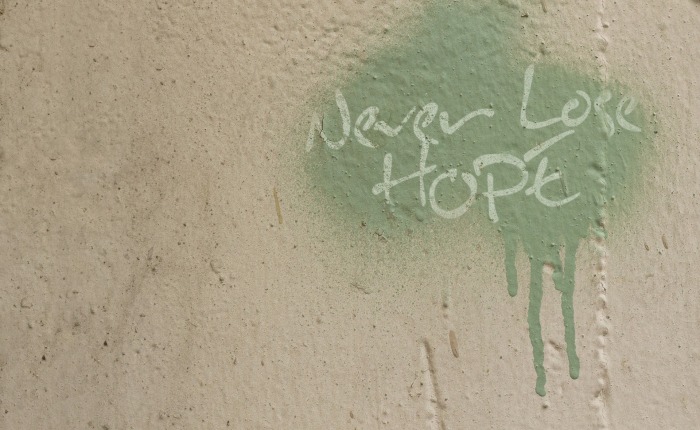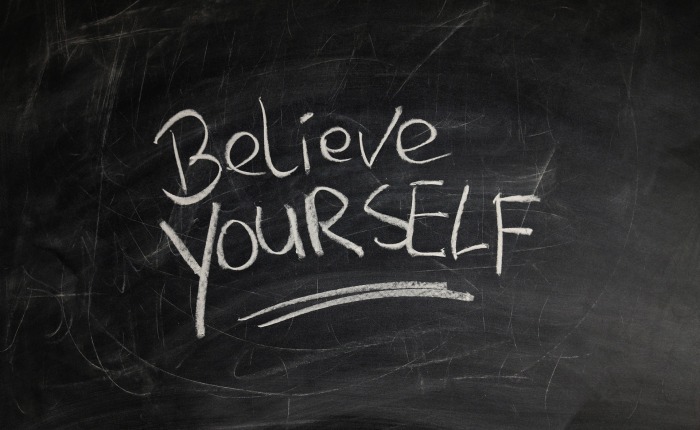Being Dyslexic means different things to different people. It affects us differently. It gives us different challenges when dealing with the spoken world in which we are immersed. One of the hardest aspects of my dyslexia is how my brain interprets words. While most people breeze through the seemingly easy task of understanding what somebody else is saying, for me it has always been more difficult.
Think for a minute about how you register a smell. When your nose detects a smell, your nerves transmit this information to your brain. Your brain then determines what this smelt is – whether it be a rose, a perfume, or chick tikka masala. We all learn smells over time and most of us can recall them with ease.
Now compare what happens when somebody is talking to you. Your ears detect the pressure waves created by their speech, these get carried to your brain, and your brain converts these first into individual words and then into full sentences. Simple – you learnt how to do this when you were a young child. It’s so ingrained that you probably haven’t even thought about it before.
Listening to people is Child’s play – isn’t it?
Finally, imagine that instead of your brain correctly translating those pressure waves into words, it sometimes converts them into sounds only. Sounds without any context or meaning. Almost as if they had come from a musical instrument – not a person. If your brain was doing that to you, how would you begin to understand what somebody else was saying?
That is my life, my everyday experience. At some point of every day, my brain will present me with sound only – the words are missing.
Despite this, I can now speak three languages
If you’ve ever listened to somebody speaking a foreign language then you know what I’m describing. Their words hold no meaning for you. It is in turning these sounds into known, distinguishable words that we learn a new language. It is what happens when a child first learns to speak.
In my functioning dyslexic brain, I have these gaps in conversations. It can happen at any time, and with any words. If you were to hear the following sentence, would you know what the other person had said?
? ? ? the oven off
It could have been any of the following:
- Have you switched the oven off?
- Can you switch the oven off?
- I have switched the oven off
I have to ask the person to repeat themselves, but often as I do I feel my brain working. It is already circling back to fill in the blanks – converting the sounds into words. How does it do that? It de-constructs the sounds and puts them back together as words, using any clues that it picked on the way, and asking the visual side of my brain to help. This really is a collaborative and creative process.
? ? ? the oven off
Taking the sentence above, this is how the process goes:
Step 1: I start “seeing” and “feeling” the letters forming in my mind – as if they were being written down on a piece of paper one my one
Step 2: As these letters appear I can start to piece them back together into words. If the word is an object, such as car, then I often “see” this object first in my head before I can grasp the word
Clue: The sentence ended as a question
Step 3: Finally I rebuild the sentence with the words that I have recreated and the clues that I picked up
Result: “Have you switched the oven off?”
It takes longer to reconstruct a sentence than it does just to listen to it. This could, therefore, disrupt the natural flow of a conversation. While I cannot prevent my brain from mis-interpreting words into sounds, what I do control is how people feel towards me when it happens. Over the years I have spent time developing and improving my ability to keep a conversation moving when it does happen.
Most of us have some quirk that we have no control over. For me it makes no sense battling against it if it turns out to be un-fixable. It makes much more sense to analyse the impact it has and then develop techniques to minimise this impact.
The best way is to know yourself well and find your own method. Build on your uniqueness.










